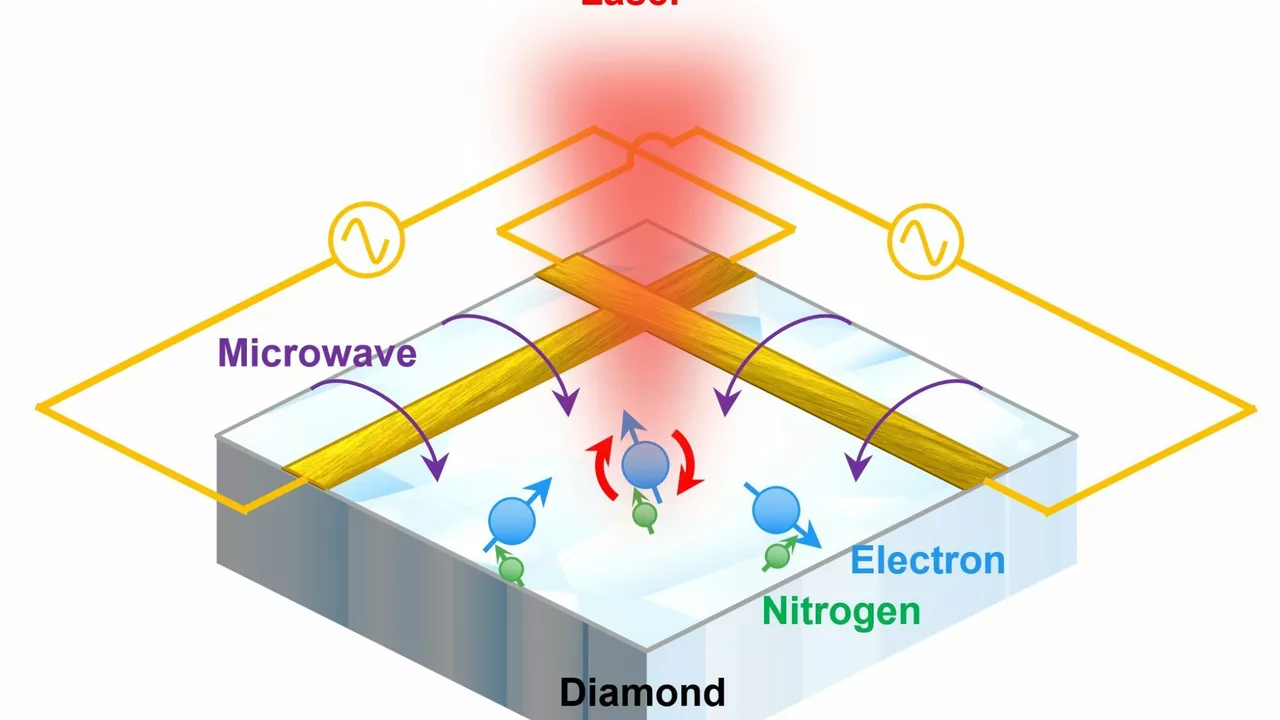Understanding Quantum Computing
Quantum computing. It sounds like a phrase straight out of a sci-fi movie, doesn't it? But it's not. It's very real and it's the future of computing. Quantum computing operates on principles radically different from traditional computing, making it a complex but fascinating topic. Before we dive into what makes quantum computing tick, let's first understand what it is.
Quantum computing, in basic terms, is a type of computation that uses quantum bits, or qubits, to process information. Unlike traditional computing that uses binary digits or bits (0s and 1s), quantum computing uses quantum phenomena such as superposition and entanglement to perform operations. This leads to exponential increases in processing power, which can revolutionize fields such as cryptography, optimization, and machine learning. Now, let's start peeling back the layers of quantum computing.
The Role of Qubits in Quantum Computing
The heart of quantum computing lies in qubits. While traditional bits can be in one state at a time (either 0 or 1), qubits can exist in multiple states at once due to a quantum principle known as superposition. This allows a qubit to be in a state of 0, 1, or both at the same time. Imagine being able to be in two places at once! That's what a qubit can do.
Because qubits can handle multiple states simultaneously, they can process a vast amount of data concurrently. This makes quantum computers incredibly powerful, capable of solving complex problems that would take traditional computers centuries to solve. But how do qubits achieve this phenomenal feat? The answer lies in another quantum principle, known as entanglement.
Entanglement: The Quantum Link
Entanglement is one of the most intriguing and crucial components of quantum computing. When qubits become entangled, the state of one qubit becomes linked to the state of another, no matter how far apart they are. This means that a change in one qubit will instantaneously cause a change in the other, a phenomenon that Albert Einstein famously referred to as "spooky action at a distance."
Entanglement allows qubits to work together in a way that bits in traditional computers cannot. This quantum link enables quantum computers to process vast amounts of information simultaneously, providing them with an unrivaled computational speed and power.
Quantum Gates: The Building Blocks
Just like traditional computers rely on logic gates to perform operations on bits, quantum computers use quantum gates to perform operations on qubits. However, unlike traditional gates that deliver a definite output, quantum gates deal with probabilities since a qubit can be in multiple states at once.
The operation of quantum gates is reversible, meaning the input can always be retrieved from the output. This feature is pivotal in quantum computing as it helps to preserve quantum information, enabling the quantum computer to function effectively.
The Power and Potential of Quantum Computing
The potential of quantum computing is vast and mind-boggling. With their exceptional processing power, quantum computers can revolutionize numerous fields. They can help to optimize logistical problems, model complex chemical reactions, crack encryption codes, and much more.
However, it's important to note that quantum computing is still in its infancy. While significant strides have been made, there are still many challenges to overcome, such as maintaining the stability of qubits and scaling up quantum systems. But with continuous research and innovation, the day may not be far when quantum computers become a common reality.
Conclusion: The Quantum Leap
Quantum computing represents a significant leap in computing technology. By harnessing the power of quantum mechanics, it promises to solve problems that are currently beyond the reach of even the most powerful supercomputers.
While quantum computing is a complex and challenging field, it's also an incredibly exciting one. As we continue to explore the quantum world, who knows what incredible discoveries and innovations lie ahead? One thing is for certain - the quantum revolution is just beginning.
